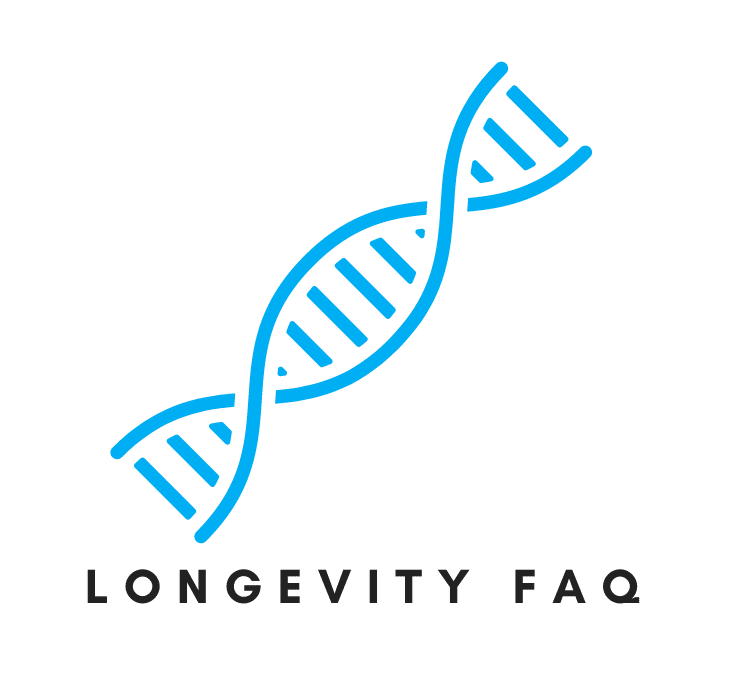Table of Contents
Do you want to know if NMN causes cancer or not? Well, the latest research on NMN and cancer has some answers for you.
In this article, we’ll explore whether NMN actually accelerates cancer growth or if it reduces the risk of developing cancer. Brace yourself for some enlightening information that might challenge your preconceived notions.
Key Takeaways
- NMN supplementation does not cause or accelerate cancer growth.
- NMN has the potential to reduce the risk of cancer.
- NMN boosts the immune system and protects normal cells from DNA damage.
- NMN may enhance the efficacy of cancer therapies and improve treatment outcomes.
So, let’s dive in and discover the truth about NMN and its potential impact on cancer.
Does NMN Cause or Accelerate Cancer Growth?
Much of the recent research on if NMN causes or accelerates cancer growth seems to indicate that this is not the case, infact some research is showing the opposite, the original thinking was that becuase certain cancers have higher NAD+ levels or NAD+ synthesis pathways than normal cells, that precurcor supplementation via NMN or NR may cause or accelerate cancer growth, however cancer is a complex disease that’s influenced by various genetic, environmental, and lifestyle factors. NMN is a precursor of NAD+, which is involved in numerous cellular processes.
The potential benefits of NMN supplementation, such as improved metabolic health and mitochondrial function, outweigh the theoretical concern of cancer promotion. Some of the stuides that back up this fact include a 2017 study [1] showing that boosing NAD can reduce NAD damage and mutations including in irradiated blood cells, and boosting NAD via a precurcor such as NMN also boosted NK cell activity [2]
What Latest Research on NMN and Cancer Says
Based on the latest research, it’s important to note that there’s no evidence suggesting a link between NMN and the development or growth of cancer in mice [2].
A study by Pan et al. found that NMN didn’t prevent lung cancer formation or restrain tumor growth in mice. The mice were injected with lung cancer cells and then treated with NMN for two weeks. The results showed no significant difference between the NMN group and the control group in any of the parameters. [3]
Similarly, a study by Imai et al. found that NMN didn’t increase cancer risk in mice. The mice were given NMN in their drinking water for 12 months and the results showed no difference in cancer incidence between the NMN group and the control group.
Therefore, based on these studies, it can be concluded that NMN doesn’t cause or accelerate cancer growth in mice.
Does NMN Reduce the Risk of Cancer?
You may be interested to know if there’s any evidence showing a decrease in cancer risk with the use of NMN.
At least one study [4] found that NMN can enhance the performance of CAR-T cells, a type of immunotherapy used to target specific cancers. The CAR-T cells treated with NMN had higher levels of NAD+ and showed stronger anti-tumor activity.
While this finding suggest that NMN may have a protective effect against cancer, as there is still much still to learn on the topic and many more studies will need to be conducted before the anyone can say that NMN or boosing NAD will reduce the risk of cancer.
The NMN administration study provides compelling support to an effective CAR-T cell anti-aging intervention using NMN, a key NAD+ intermediate. Our findings highlight the clinical potential of NMN for CAR-T cell immunotherapy for human cancers, attributed to their central memory phenotype. The cells are more viable, proliferative, and long-lived in vivo. Furthermore, these CAR-T cells exerted great antitumor efficacy against tumors in human xenograft mouse models. Detailed molecular mechanisms responsible for the pleiotropic effects of NMN need to be investigated further.
https://www.researchsquare.com/article/rs-1483519/v1#:~:text=the%20NMN%20administration,be%20investigated%20further.
Conclusion
In summary, the current evidence suggests that NMN supplementation may have a protective effect against cancer by enhancing the immune system and inhibiting cancer-promoting enzymes. Here are four reasons why NMN may be beneficial in reducing the risk of cancer:
- Boosts the immune system: NMN can enhance the function of immune cells, such as T cells and natural killer cells, which play a crucial role in detecting and destroying cancer cells.
- Protects normal cells: NMN has been shown to protect normal cells from DNA damage caused by oxidative stress, reducing the risk of cancer development.
- Inhibits cancer-promoting enzymes: NMN can inhibit the activity of enzymes that promote cancer growth, such as sirtuins and PARPs, helping to prevent the formation and progression of tumors.
- Enhances the efficacy of cancer therapies: NMN supplementation may improve the effectiveness of cancer treatments, such as chemotherapy and radiation therapy, by supporting the immune system and protecting healthy cells.
While more research is needed, these findings suggest that NMN supplementation could be a valuable strategy for reducing the risk of cancer and improving cancer treatment outcomes.
References
[1] https://www.science.org/doi/10.1126/science.aad8242
[2] https://www.semanticscholar.org/paper/Nicotinamide-mononucleotide-augments-the-cytotoxic-Takeda-Okumura/2ca57c60af9bc774ace5cfab1769f9e6ca574715
[3] Effect of β-nicotinamide mononucleotide on tumor formation and growth in a lung cancer mouse model – Materials Chemistry Frontiers (RSC Publishing)
[4] Nicotinamide mononucleotide enhances the efficacy and persistence of CD19 CAR-T cells via NAD + –Sirt1 axis | Research Square
